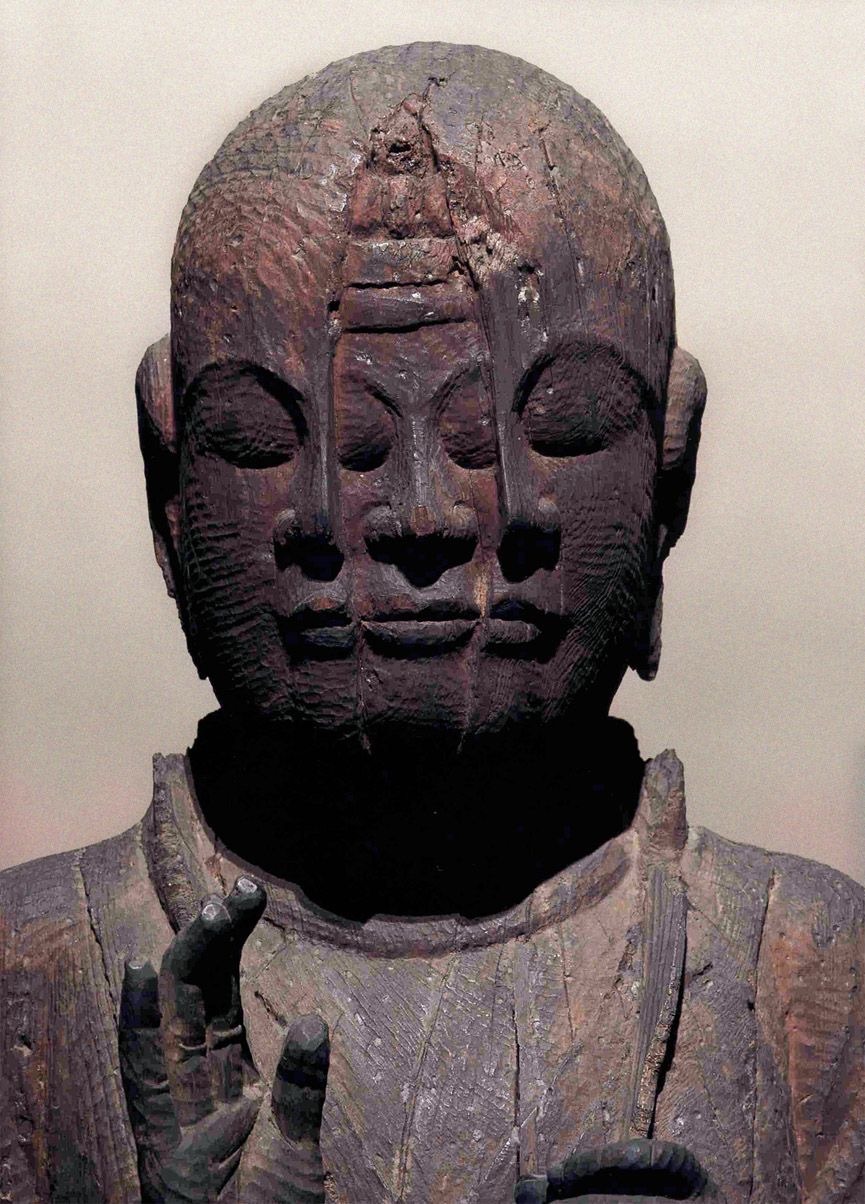What is a superhuman? Does he have superpowers? Can he shoot lasers from his hands or run faster than a train? No. That is not what defines a superhuman. Consciousness, or rather the state of consciousness, is what distinguishes a superhuman.

Hegel expressed this idea: Die to live. To die to our prejudices, to the behavior patterns we’re accustomed to, to die as a materialistic, false self permeated by a consumer mindset. In order to live. Live freely.
Many believe freedom means doing whatever you want. However, the wise say freedom is living outside the slavery of feelings and emotions.
“No one is free until
Pythagoras
he can control himself.”
Freedom is when you control your mind, speech, anger, tongue, desires, and appetites—not them controlling you. This is how Rupa Goswami1 describes becoming a superhuman in his works. He continues this thought, saying only those who have achieved this level of freedom are worthy of teaching others2.
However, a superhuman is not a consequence of bodily evolution; a superhuman is a product of the evolution of consciousness.
In his works, Friedrich Nietzsche doesn’t give us a chance to become superhuman, claiming we are only a link in the chain on the path to superhumanhood.
But that’s not true. Any person has free will and reason to both degrade to the level of the lowest animal and raise their consciousness to that of a superhuman.
We see this! Lazy ignoramuses are barely above monkeys, and the greatest minds whose depth is difficult to understand, walk among us.
Everyone born in a human body automatically deserves the opportunity to become a superhuman.
Vedanta Sutra states, that having received such a rare human birth, the time has come to inquire about the Absolute Truth3.
Those in this world are worthy of being called superhuman; there is no need to wait thousands of years. The main thing is to open your eyes and heart.
They will shine, and with every action and word, further confirm their elevated status. As Nietzsche describes: “Truly, man is a dirty stream. One must be a sea, to receive a polluted stream without becoming impure. Behold, I teach you the superhuman: he is this sea, in which your great contempt can go under.”
“One must be a sea, to receive a polluted stream without becoming impure.”
Friedrich Nietzsche, Thus Spoke Zarathustra
Only one who is already a superhuman can teach how to become one. This is an axiom. In the Gaudiya lineage, one risen to this level is called a Vaishnava.
A Vaishnava is the highest manifestation of consciousness in a person. He is completely free, as Rupa Goswami states, and filled with the deepest love for all humanity, as Nietzsche describes.
There are countless descriptions of a Vaishnava; we’ll return to this often. For instance, you can read some examples of such personalities in the Guardians section.
BSVT appeared largely because we wanted to share and introduce the world to those superhuman—Vaishnavas—with whom we were fortunate to meet, and subsequently accept their guidance as teachers and guardians.
We’d love to hear from you! If you have comments on this article or a tip for a future BSVT story, please email us at tips@bsvtrust.org. Your insights help shape our content!
footnotes /
- Rupa Goswami (1489–1564)
Gaudiya Vaishnava philosopher, Vedic scholar, spiritual master, and poet. He was Chief Minister in Bengal, India, but after meeting Caitanya Mahaprabhu, his life changed. He gave up power and wealth, becoming one of the most honored Vrindavan Goswamis—key followers of Chaitanya who shaped the core teachings of Gaudiya Philosophy.
- Qualities of a true teacher (guru)
vaco vegam manasah krodha vegam
jihva-vegam udaropastha-vegam
etan vegan yo visaheta dhirah
sarvam apimam prthivim sa sisyatA wise and calm person who can control their urge to speak, their thoughts, anger, speech, appetite, and sexual desires can guide the whole world. In other words, everyone can learn from someone with such self-control.
(Rupa Goswami, Upadeshamrita, 1) - What does it mean?
“Athato brahma jijnasa” is the first aphorism of the Vedanta sutra, meaning, “Now is the time to discuss Brahman, the Absolute Truth.”
“Now” refers to the fact that we have a human birth, free will, intelligence, and live in a civilized society. It means we can resolve our material concerns, connect with someone who can explain the Absolute Truth, and come to know Him.
So, what is the Absolute Truth?
The next aphorism answers this: “Janmady asya yatah“—the Absolute Truth is the source from whom everything originates.